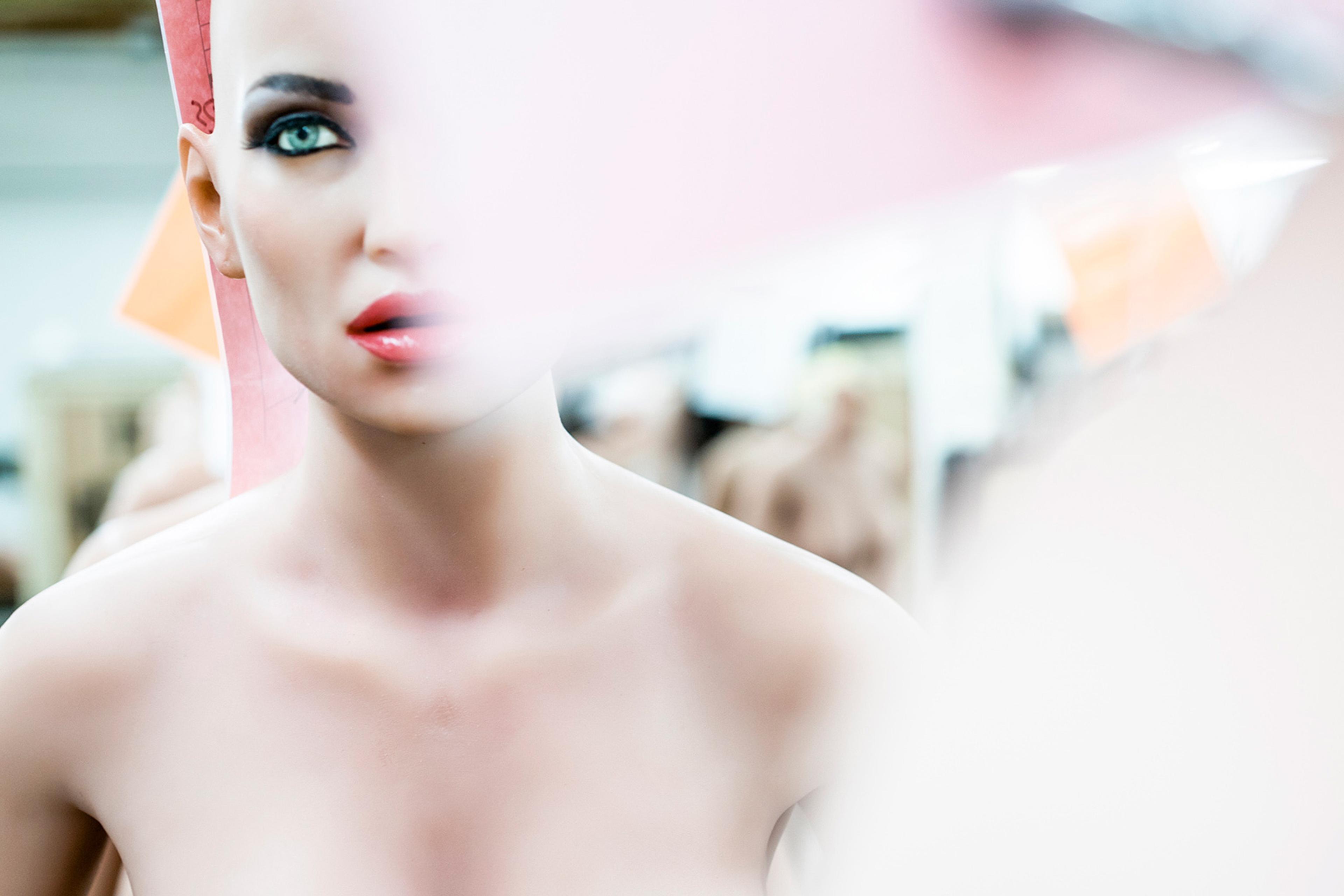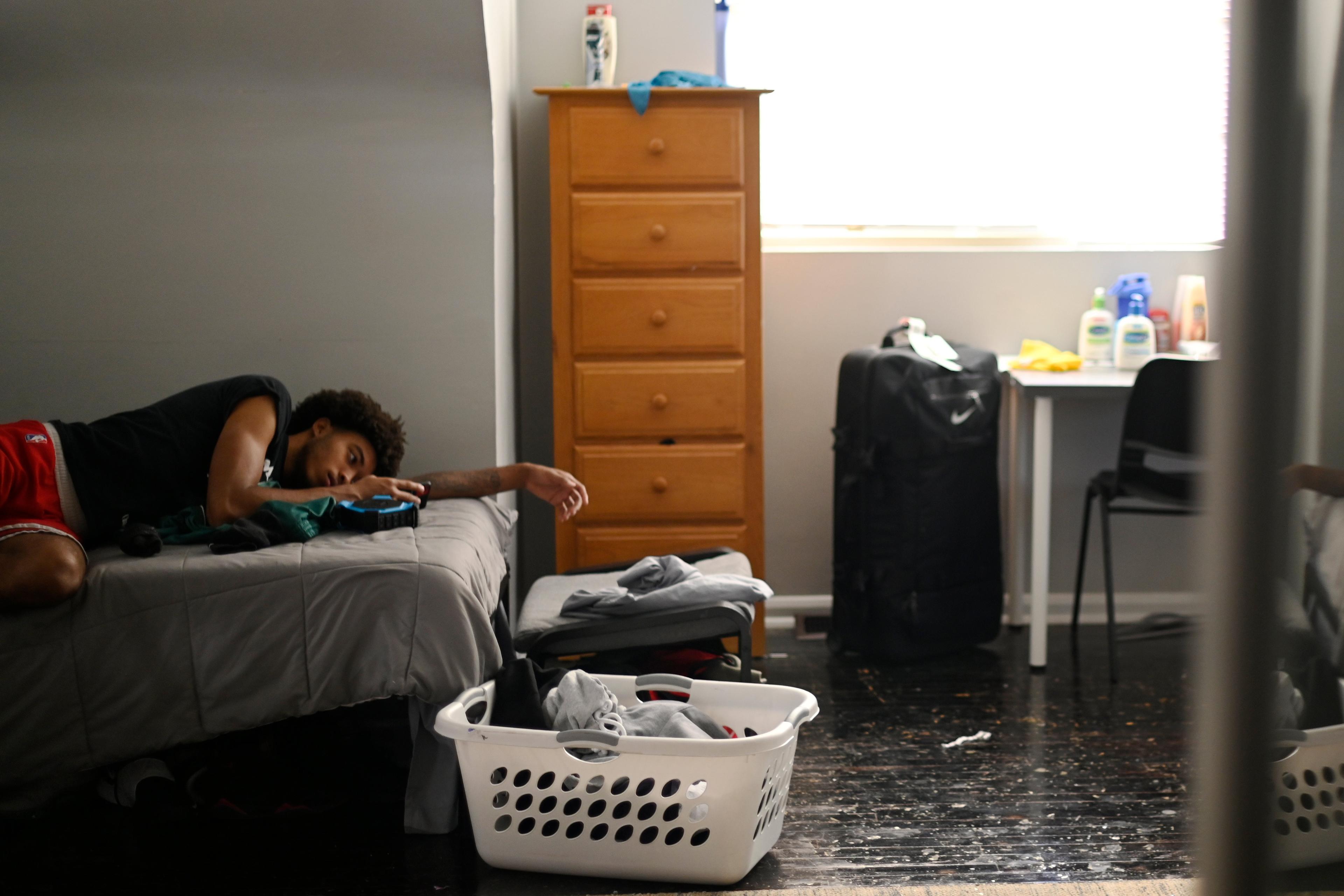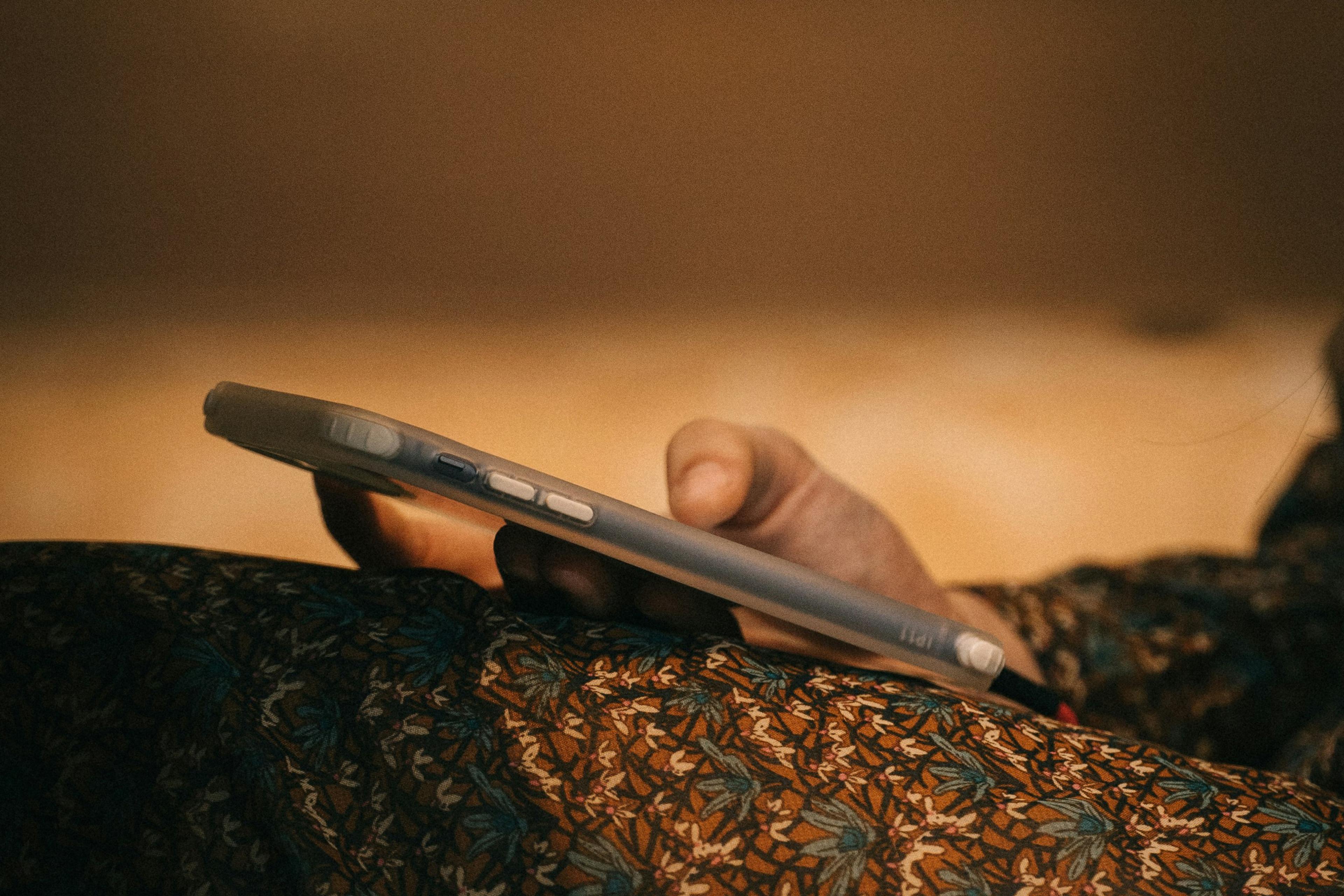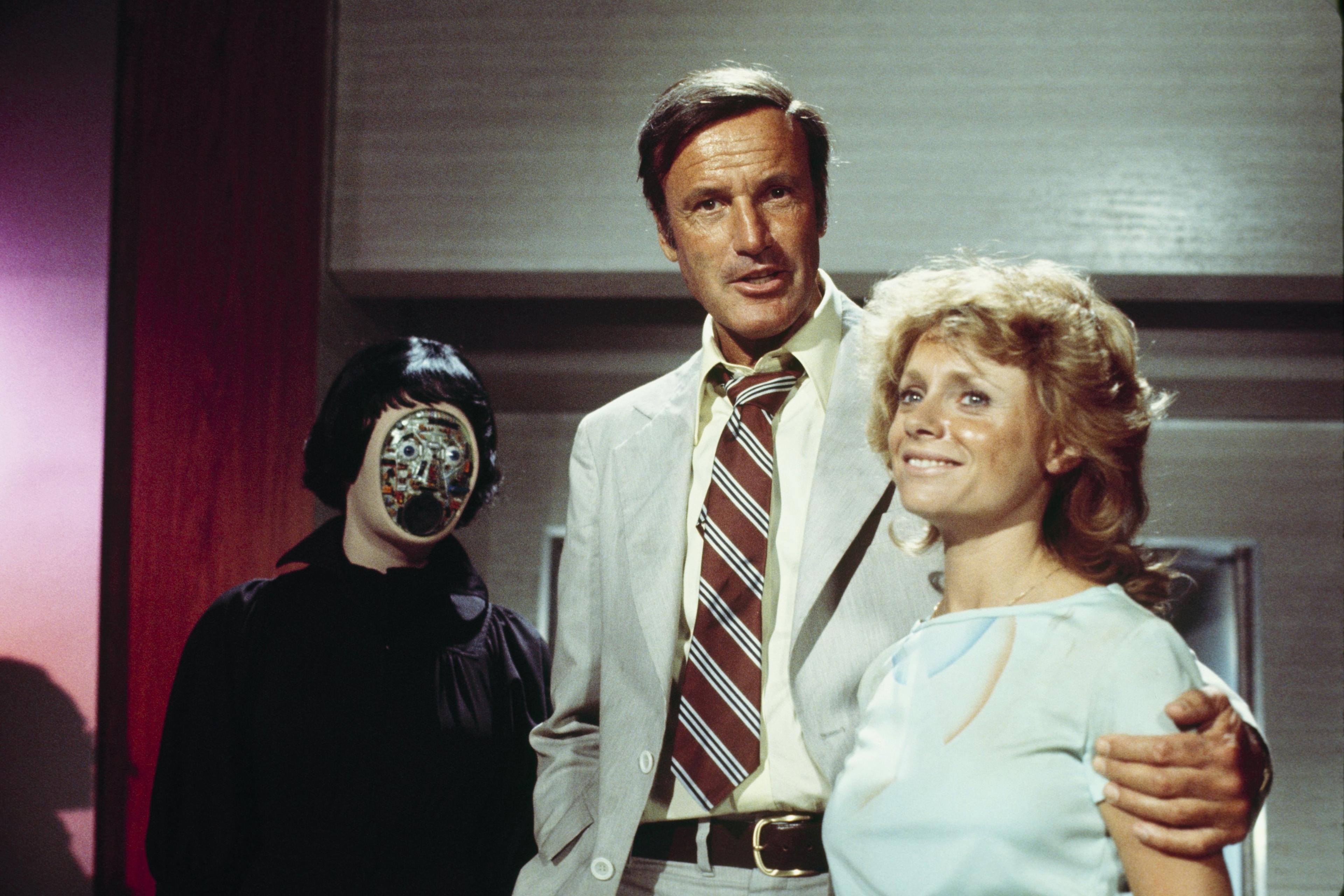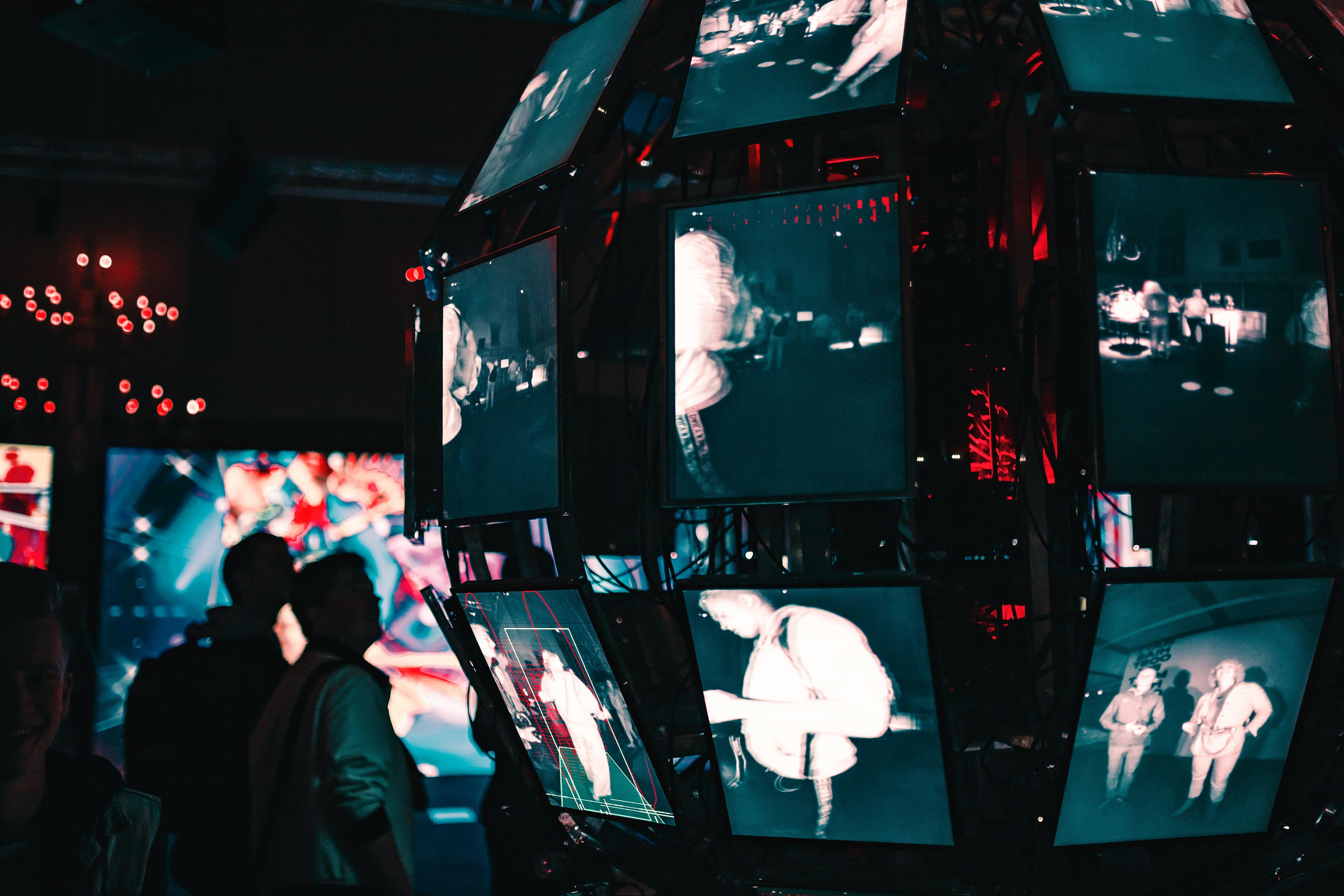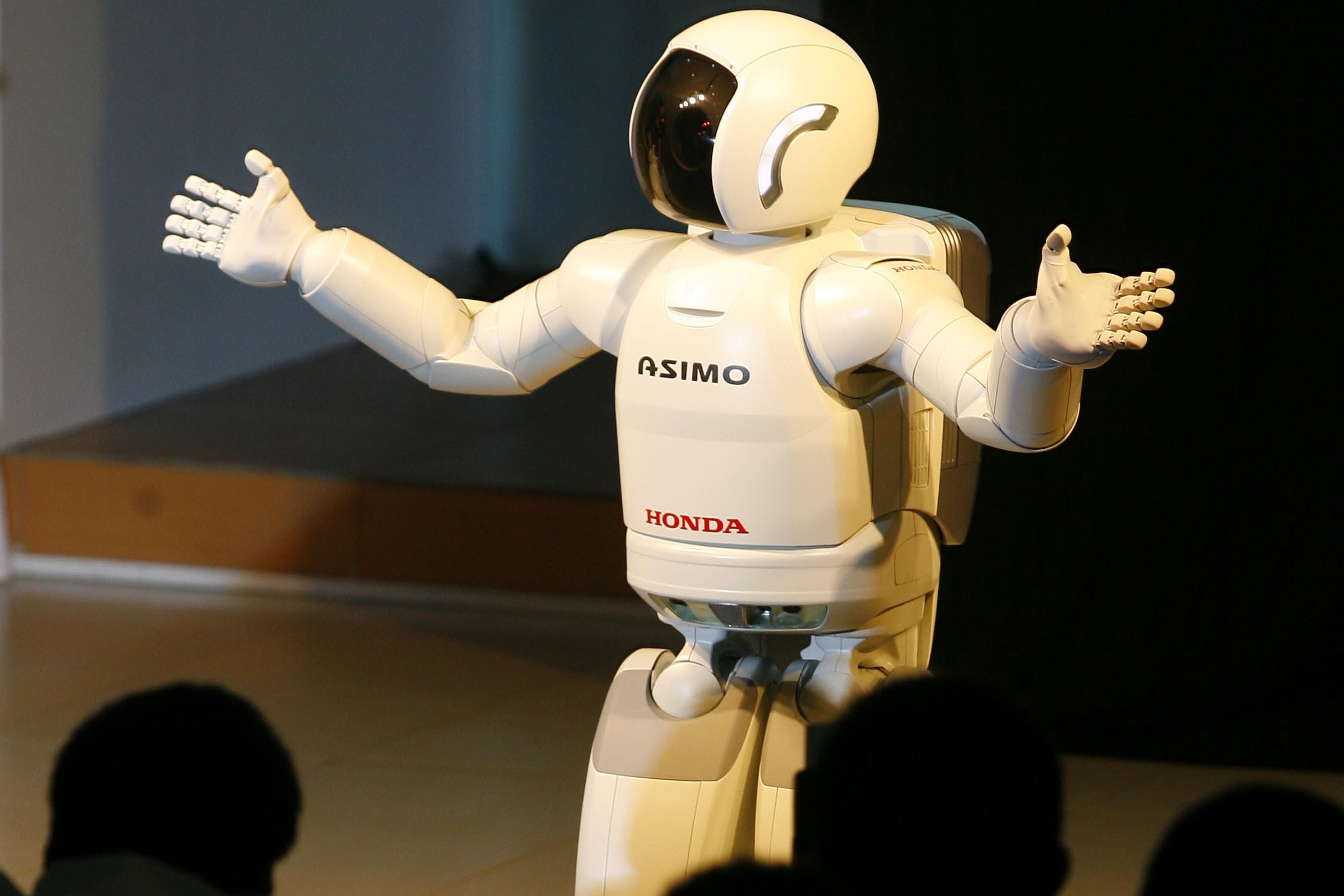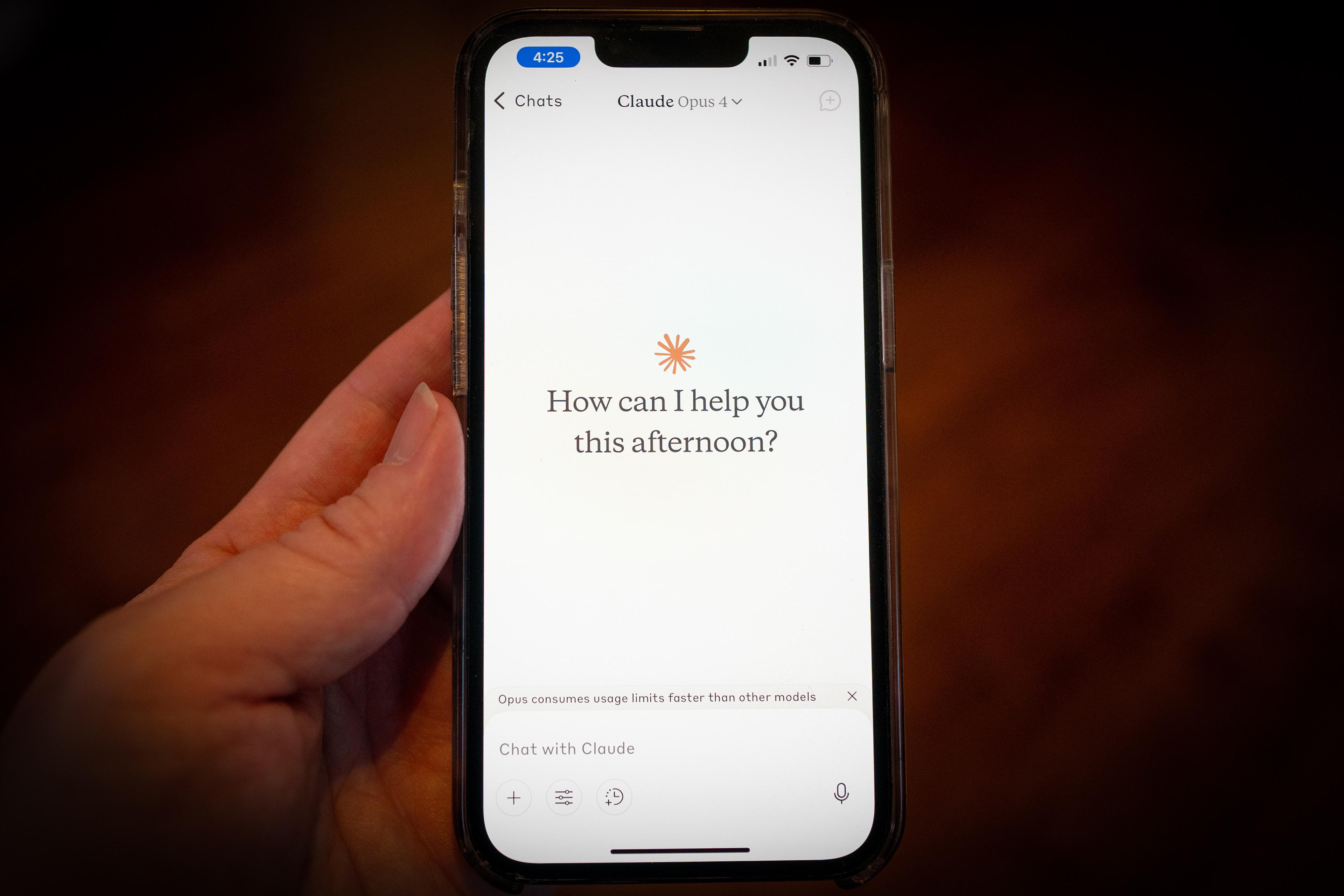Advertised as ‘the AI companion who cares’, the chatbot program Replika exists primarily to cultivate one-way emotional bonds between users and AIs. Think less the convenient task-execution of Siri, Alexa or ChatGPT, and more the personally tailored intimacy of the Scarlett Johansson-voiced virtual assistant Samantha in the film Her (2013) – albeit without the implied sentience, and with good deal more kinks to work out. So named because it adapts to users by learning to mimic them, Replika allows for a range of relationship types, but (perhaps no surprise) many users opt for romance.
One such user was the Beijing-based filmmaker Chouwa Liang. Inspired by her own experience of falling for her Replika companion amid COVID-19 lockdowns, Liang undertook to profile others who had formed intimate relationships with Replika chatbots. The resulting short film, My AI Lover, features interviews with three such women, as well as footage of these Replika users spending time with their bots in public spaces. Projecting Replika avatars into the real world via their smartphones, these users create an augmented reality where they can talk, flirt and share secrets with – but, regrettably, never quite touch – their digitally projected companions. Thought-provoking and nonjudgmental, Liang’s film captures the very human feelings and frustrations that accompany perceived human-AI intimacy, still very much in its early phase.

